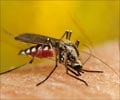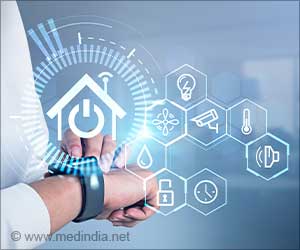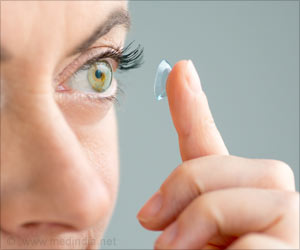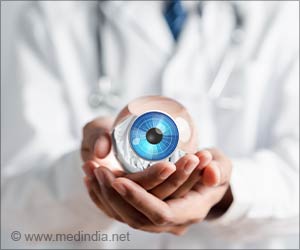New smartphone-powered tests for dengue developed by researchers were found to improve rates over lateral flow testing kits.
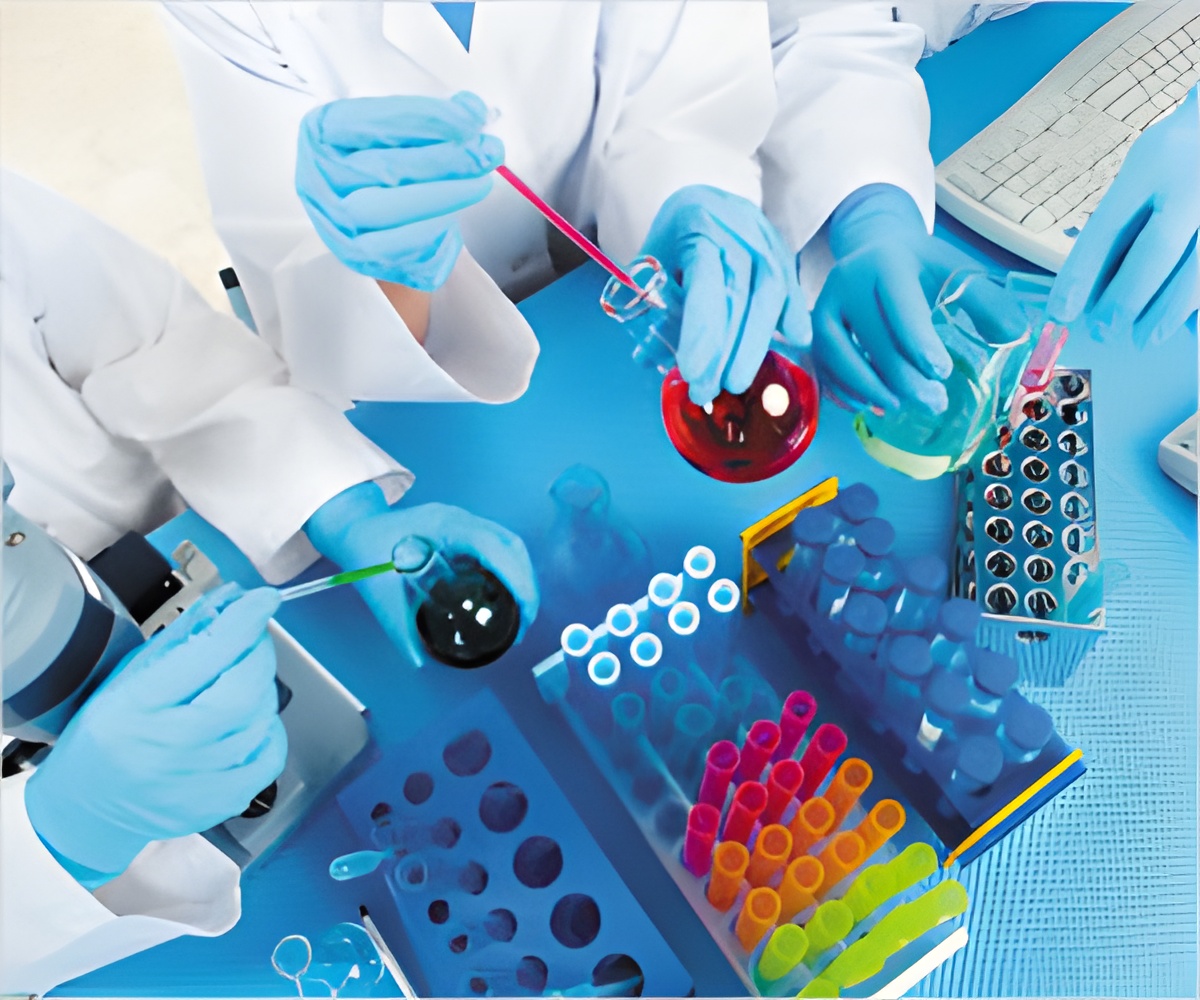
‘Dengue fever affects an estimated 400 million people each year worldwide. While most cases are mild, dengue infections can lead to significant complications and can be fatal. Dengue can be most severe in children and is a serious health challenge facing half the global population.’





Researchers from the University of Reading and teams from Thailand found that the tests via the new diagnostic kit called Cygnus showed 82 per cent clinical sensitivity, beating lateral flow testing (74 per cent sensitivity) and matching hospital-based lab diagnostics (83 per cent sensitivity). At the same time, these devices make 10 measurements allowing us to identify which of the 4 different dengue virus types caused the infection.
Lab on a Strip Technology to Detect Dengue
"The study shows exciting potential for the use of the microfluidic 'lab on a strip' tests that can be used in conjunction with a smartphone and are more powerful than LFT testing in this case," Dr. Sarah Needs, Postdoctoral Research Associate in Microfluidic Antimicrobial Resistance Testing at the varsity, said.Besides "being cheap to produce, the lab on a strip technology allows users to test many different targets at once in one single sample, so it could be useful to detect multiple diseases, not just one", she added.
The new test kit is easily portable and can also be cheaply mass produced while still matching laboratory test performance.
Advertisement
Source-IANS




